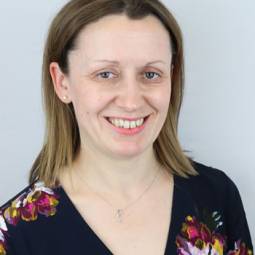
Mrs Julia Addams-Williams
ENT
- Ear, Nose and Throat
- Self-pay/Insured

Mrs Julia Addams-Williams
ENT
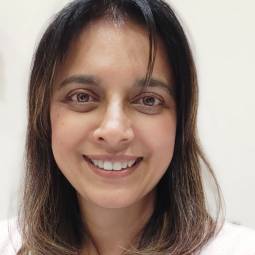
Dr Zahra Ahmed
Dermatology
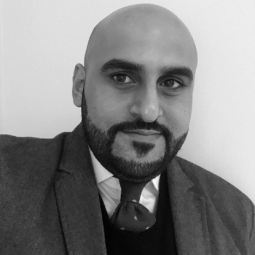
Mr Shahid Akhtar
Orthopaedic Surgeon
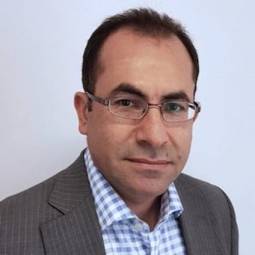
Professor Bilal Al-Sarireh
General and Gastrointestinal Surgeon
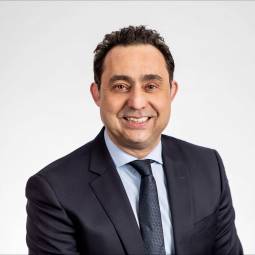
Mr Fadi Alkherdahji
Ophthalmologist

Mr Sankar Ananth
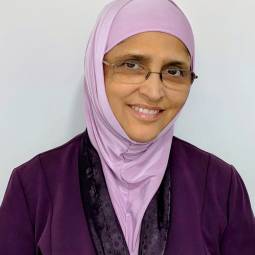
Mrs Makiya Ashraf
Gynaecologist/Women's Health
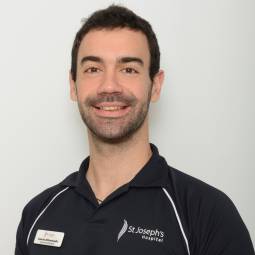
Mr Ioannis Athanasiadis
Physiotherapist
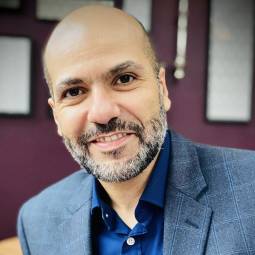
Dr Ausama Atwan
Dermatologist
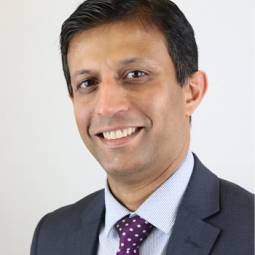
Dr Syed Ayas
Rheumatologist
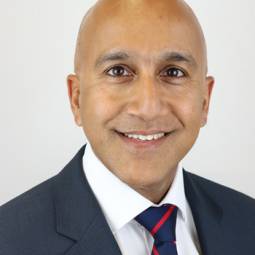
Dr Nimal Balaratnam
Gastroenterologist

Mr Adam Bennett
Urological Surgeon